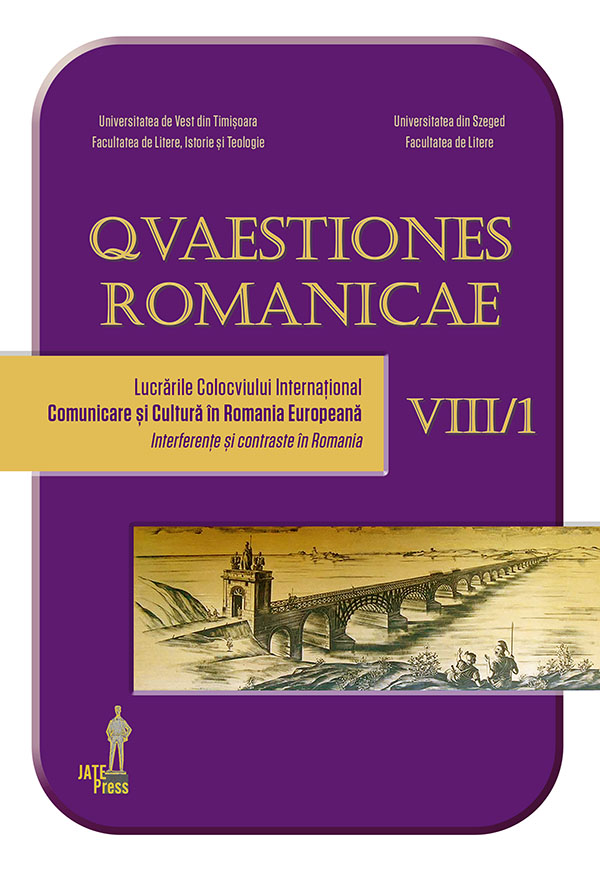La tía Julia y el escribidor, ¿simbiosis o contraste?
Abstract: (La tía Julia y el escribidor, Symbiosis or Contrast?) In La civilización del espectáculo, Mario Vargas Llosa distinguishes between highbrow culture and lowbrow culture. To the first category belong authors as T.S. Eliot or James Joyce and to the second category Ernest Hemingway or Walt Whitman. The difference between these two categories is that the second one is accesible for all type of public. If we relate this idea with the statement expressed in La tía Julia y el escribidor regarding what low literature and high literature mean, we can easily notice a “breach” inside the novel: the chapters dedicated to the love history between Varguitas and Julia would be an example of high literature while the chapters dedicated to the production of Pedro Camacho would be related to low literature. But, at the same time, Vargas Llosa mamages to rebuilt the unity of the novel spreading in the even chapters details that refer to the history from the odd chapters.
Keywords: breach, deconstruction, reconstruction, narrative voice.
Resumen: En La civilización del espectáculo, Mario Vargas Llosa distingue entre highbrow culture y lowbrow culture. A la primera categoría pertenecen autores como T.S. Eliot o James Joyce y a la segunda Ernest Hemingway o Walt Whitman. La diferencia entre estas dos categorías es que la segunda es asequible para todo tipo de público. Si relacionamos esta idea con lo expresado en La tía Julia y el escribidor en cuanto a lo que significa literatura de consumo y literatura de calidad, podemos fácilmente entrever una “ruptura” dentro de la novela: los capítulos dedicados a la historia de amor entre Varguitas y Julia serían un ejemplo de literatura de calidad mientras que los capítulos dedicados a la producción de Pedro Camacho encontrarían su ubicación dentro de la literatura de consumo. Pero, al mismo tiempo, Vargas Llosa consigue rehacer la unidad de la novela salpicando los capítulos pares con detalles que nos remiten a la historia de los capítulos impares.
Palabras clave: ruptura, deconstrucción, reconstrucción, voz narrativa.
